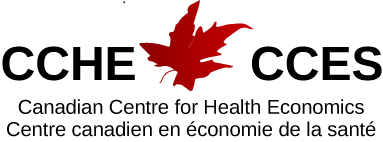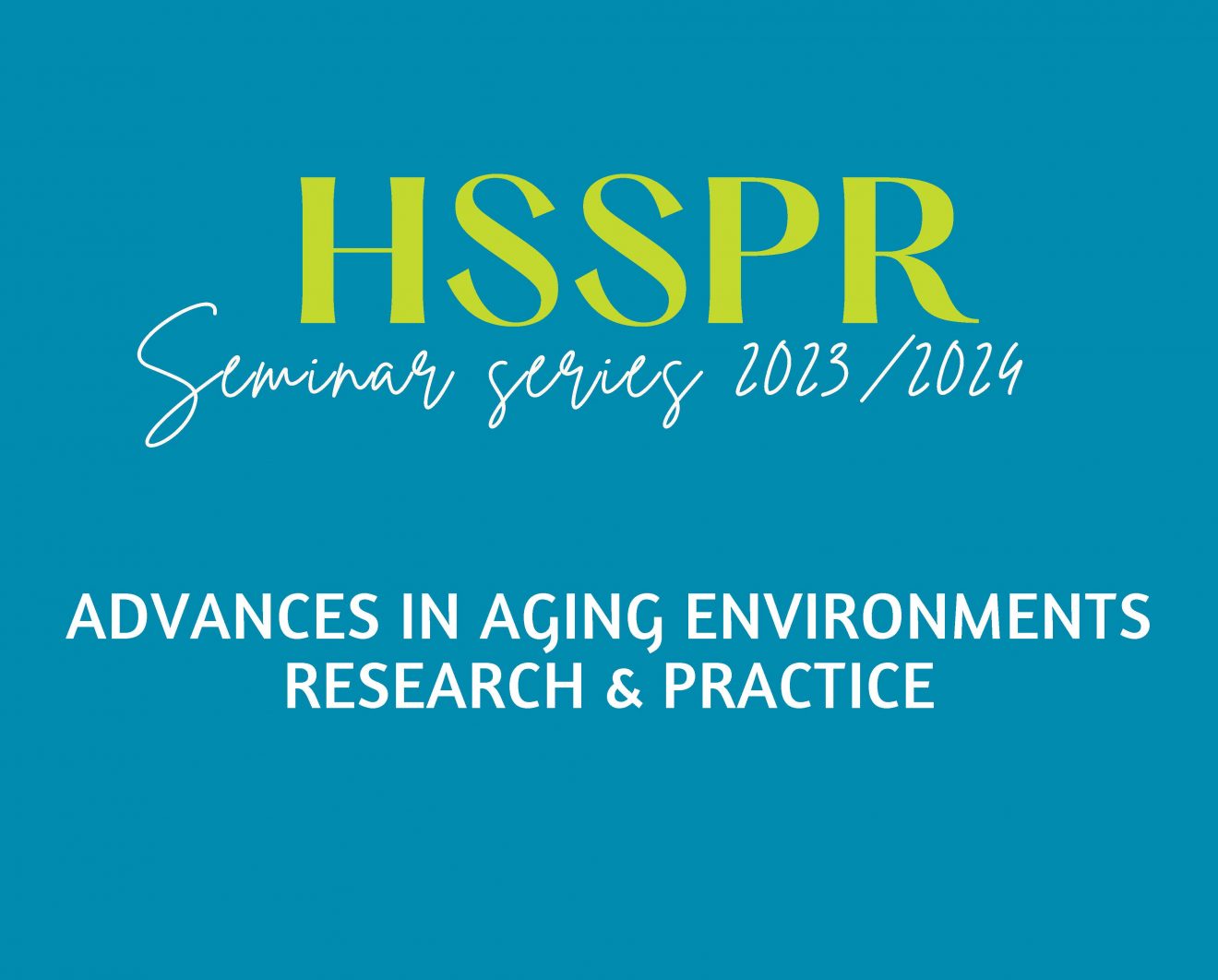
 Tony Culyer is emeritus professor of economics at York (England); Senior Fellow at the Institute of Health Policy, Management and Evaluation at the University of Toronto; Chair, NICE International Advisory Group, London, England; and Distinguished Visiting Scholar, University of the Witwatersrand, South Africa.
Tony Culyer is emeritus professor of economics at York (England); Senior Fellow at the Institute of Health Policy, Management and Evaluation at the University of Toronto; Chair, NICE International Advisory Group, London, England; and Distinguished Visiting Scholar, University of the Witwatersrand, South Africa.
He was the founding Organiser of the UK Health Economists’ Study Group. For 33 years he was the founding co-editor, with Joe Newhouse, of Journal of Health Economics. He was founding Vice Chair of the National Institute for Health and Care Excellence (NICE). He is Editor-in-Chief of the on-line Encyclopaedia of Health Economics. He was responsible for the 1994 report that led to the redesign of the NHS’s R&D system. For many years he was chair of the Department of Economics & Related Studies at York and, for six of them, was also deputy vice-chancellor. In Ontario he helped to found the Citizens’ Council and the Occupational Cancer Research Centre. For several years he chaired the WSIB’s Research Advisory Council. He has been a member of the Ontario Health Quality Council Advisory Committee, Clinical Standards, Guidelines and Quality Committee of the Board of CCO, and a Director of CADTH. He has been a visiting professor at Queen’s, Trent and UofT.
He is the 2015 recipient of the Baxter Foundation’s William B. Graham Prize for Health Systems Research, the 2015 Emmett Hall Laureate and Hall Lecturer and the International Society for Pharmacoeconomics and Outcomes Research (ISPOR) Avedis Donabedian Outcomes Research Lifetime Achievement Award.
He has published widely, mostly in health economics. The third edition of his The Dictionary of Health Economics (Edward Elgar) came out in 2014. A collection of his non-technical essays called The Humble Economist is available on-line free of charge.
Abstract
Three common “Es” have high ethical and political content for health policy: efficiency, equity and equality. This talk examines the links between the three, with especial attention given to (a) the claimed conflict between efficiency and equity, (b) the equity of inequalities and (c) the conflict between six equity principles: equal health, equal health gain, equal value of additional health, maintaining existing distributions, allocation according to need and equal per capita resources. Conclusions include: Efficiency and equity do not inherently conflict, an inefficient allocation can be equitable, an efficient allocation can be inequitable, an inefficient allocation can become more efficient without increasing inequity, what is equitable often requires inequality in health and inequality in resource distribution per capita, equality in health requires inequality in resource allocation, equality in resource allocation typically leads to inequality in health, and allocation according to need typically leads to inequality in health.
Link to schedule of CCHE talks: http://www.canadiancentreforhealtheconomics.ca/learn/conferences-and-seminars/cche-seminar-series-15-16-2/
Related Events

Sign up for IHPME Connect.
Keep up to date with IHPME’s News & Research, Events & Program, Recognition, e-newsletter.
Subscribe to Connect Newsletter
Get in Contact
Communications
Marielle Boutin
Email Address: ihpme.communications@utoronto.ca
